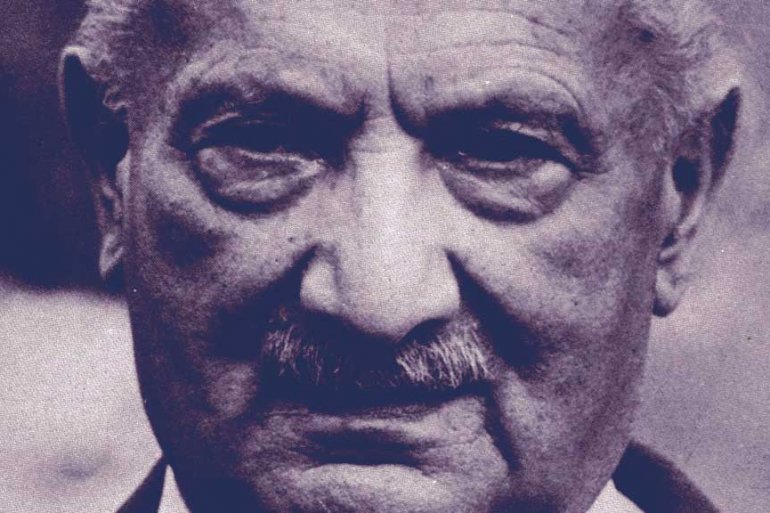Before the eighteenth century, people crudely measured time. Galileo used his own pulse as a measure. Today, our atomic clocks can measure a time interval as small as one-millionth of a second. (Though we have a word for one-trillionth of a second— pico second —we still have no way of accurately measuring it.) But no matter how finely calibrated our clocks are, they are always measuring something discrete—an interval, a repeating signal, a duration between...
Philosophy
Everything on philosophy related to Maier files series. Posts and Thoughts examining existence, change, properties, space, time, causality, and possibility.
The idea of the importance of coincidences, as such, was introduced by Paul Kammerer in 1920, in his book Seriality, in which he logged a hundred amazing examples. His complex idea intrigued Einstein and was expanded by Carl Jung, who changed Kammerer’s term to the more widely used word synchronicity, or “meaningful coincidence.” Like Kammerer, Jung noticed that if two events were not causally related, but connected by meaning, it therefore established that a human...
The Greek philosopher Heraclitus had said: “A hidden connection is stronger than one we can see.” Otto Maier was always fascinated with Time. Things occupy space—but how many of them there are (or could be) belonging to time? If you take off the face of a clock you won’t find time there, only human fabrication. Those numbers, circling round, make time almost credible—as if they aroused a sixth sense attuned to its presence, since it...
The writer Aventinus stated that the Minne and the Minnesingers did not have anything to do with love and constant courting. That’s not entirely true. There are many enigmas and paradoxes concerning the Troubadour movement and their theme “LOVE” in the middle ages. They propagated the quest for selfhood, the birth of the individual. And the individual’s love is discriminative, personal and specific. You will have heard the old legend of how, when God created...
Philosophical esotericism —the practice of communicating one’s unorthodox thoughts “between the lines”— was a common practice until the end of the eighteenth century. The famous Encyclopédie of Diderot, for instance, not only discusses this practice in over twenty different articles, but admits to employing it itself. The history of Western thought contains hundreds of such statements by major philosophers testifying to the use of esoteric writing in their own work or others’. Despite this long...
Mystery stories leave a flat aftertaste, because before the solution, anyone might have done it; after, it turns out to have been only a certain someone. But the infinite and the unknown endlessly call each other up, letting imagination loose. We love to live on frontiers that enclose a well mannered, finite world but look out toward the at any time unexpected. Is this mere romantic excitement or the dabbling curiosity of our species carried...
Aletheia, the Greek word for truth, typically stands for the correctness of a thought, perception, or assertion, and, in fact, as early as Homer, a cognate of correctness, homoiosis, served as a synonym for it. According to Heidegger, this construal of aletheia derives from its more basic meaning as un-hiddenness, where the privative prefix ‘un-’ apes the corresponding privative Greek prefix ‘a-’ in ‘a-letheia’ and ‘letheia’ derives from words for the hidden or forgotten. For...
With unflinching gaze and uncompromising intensity Julius Evola analyzes the spiritual and cultural malaise at the heart of Western civilization and all that passes for progress in the modern world. As a gadfly, Evola spares no one and nothing in his survey of what we have lost and where we are headed. At turns prophetic and provocative, Revolt against the Modern World outlines a profound metaphysics of history and demonstrates how and why we have...













